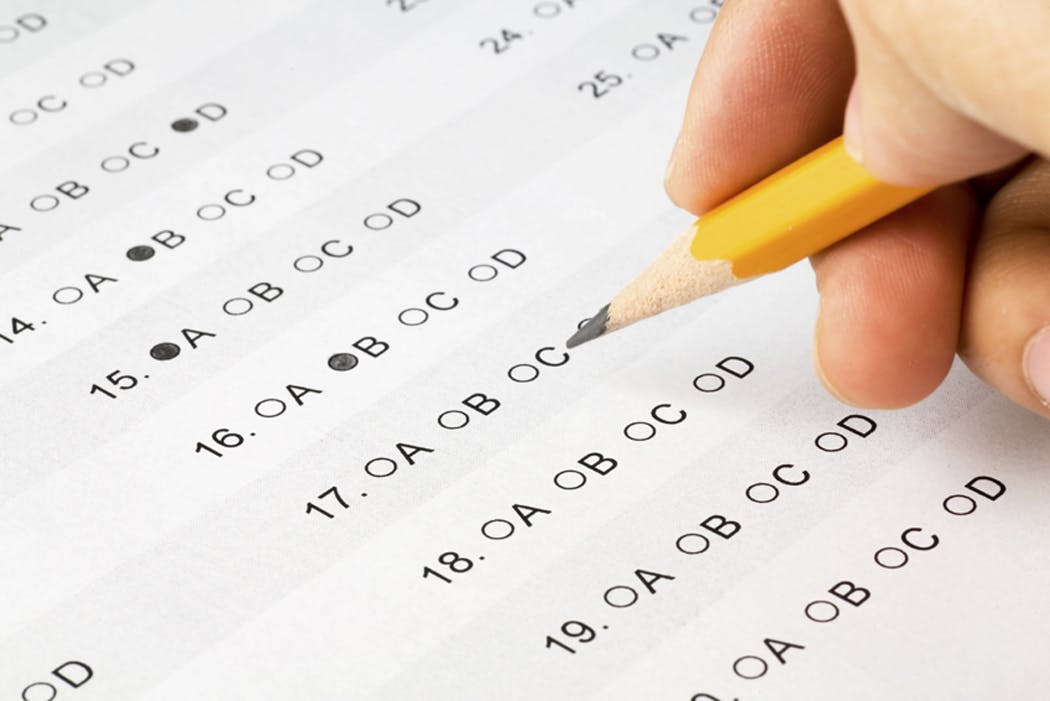
Mike Petrilli: $21k/yr for a family of 3 = “finding a way out of poverty”
This is rich: Mike Petrilli of the Fordham Institute, has this simple rule for young people: “Don’t have babies until you can afford them.” Cue the outrage.
And he is stunned (STUNNED!) at one of the responses: “The odds that young women in poverty will find ways out of poverty are not great (above all in today’s economy and wage scale).”
You might think this is not surprising, if you are aware of America’s decreasing wage mobility and widening inequality. But Petrilli is stunned. Getting out of poverty is easy! Anyone can do it. All a family of 3 (mother, father, baby) has to is make $21k/year and they will “find a way out of poverty”:
Today the federal income poverty threshold for a single person is $11,490. If that person works a minimum-wage job for 40 hours a week and for 50 weeks a year, she earns $14,500 per year. Ergo, she’s not poor, at least according to the official definition. (To be sure, she’s not living the high life either–and is almost surely sharing a home with family or friends to make ends meet.)
What if this worker has a baby? Now things get much more challenging. The poverty threshold for a family of two is $15,510; a minimum-wage job is no longer enough. Furthermore, working 40 hours a week is tough when you’ve got a baby to care for. On the other hand, additional government benefits kick in–the earned income tax credit, childcare subsidies, food stamps, possibly housing vouchers–that might keep our worker (and her baby) just a notch above the poverty line.
Of course, if she has a husband, things start to look brighter. Let’s say he works 40 hours a week, and she works 20, both at the federal minimum wage. That gives them an income of $21,750–above the poverty threshold of $19,530 for a family of three–not including the earned-income tax credit, food stamps, and other government benefits.
This is leads to the obvious conclusion: Liberals are pessimists who don’t believe in the human spirit or the will to overcome.
I get the impression from many on the left, however, that they no longer believe in education as the great equalizer or even as a springboard to greater opportunities. They seem to glumly accept that children born into poverty are destined to do poorly in school, and will be lucky to end up in low-skilled jobs as adults…
That approach to “poverty fighting” is wrong on at least two counts. First, it’s deeply pessimistic, taking a permanent underclass as a given while giving up on an immense amount of human potential. Second, it’s naïve, both economically and politically. If we raise the minimum wage dramatically, won’t employers replace workers with robots or export the jobs to far-away places? And if taxpayers are asked to support perpetual benefits for a permanent underclass, don’t we think they will eventually rebel?
Unfortunately, his optimism is quite misplaced. The reason those on the left carp about poverty is because it makes the progress education can make in these areas far more difficult. Poverty is a major obstacle; you can spend lots of time telling people it’s not that hard to get over the obstacle, but it would be a lot easier to just remove the brick wall from the road.
That being said, he’s not really right (and this is news to me, for what it’s worth), but education can’t really fix poverty.:
Now let’s focus our attention on number one, that education is a way to reduce poverty. In fact, we have dramatically ramped up educational attainment in the US in the last forty years or so and poverty has not taken a dive. As a basic logical matter, being more educated doesn’t make you less poor. Having more money makes you less poor. So education, even if you think it is necessary, is not sufficient to end poverty. You need distributive institutions that actually generate a specific distributive result, and education is certainly not sufficient for ensuring that happens. A more educated populace will probably be more productive, but that too – as we have seen for the last four decades – is not sufficient for ensuring the gains of such productivity increases flow to the non-rich. Education is good, but sufficient for solving poverty it is not.
Instead, what we end up with is a punitive system that punishes schools, teachers, and students for what essentially is a cultural/system problem. Quite simply, if the goal is to improve achievement in schools, the out-of-school factors are going to have a lot more impact than in-school ones:
Another study, published in the Review of Economics and Statistics, reports that the effort put forth by parents (reading stories aloud, meeting with teachers) has a bigger impact on their children’s educational achievement than the effort expended by either teachers or the students themselves. And a third study concludes that schools would have to increase their spending by more than $1,000 per pupil in order to achieve the same results that are gained with parental involvement (not likely in this stretched economic era).
It’s just intellectually easier to blame individuals for their own failings rather than reckon with the system that produced unequal outcomes.
